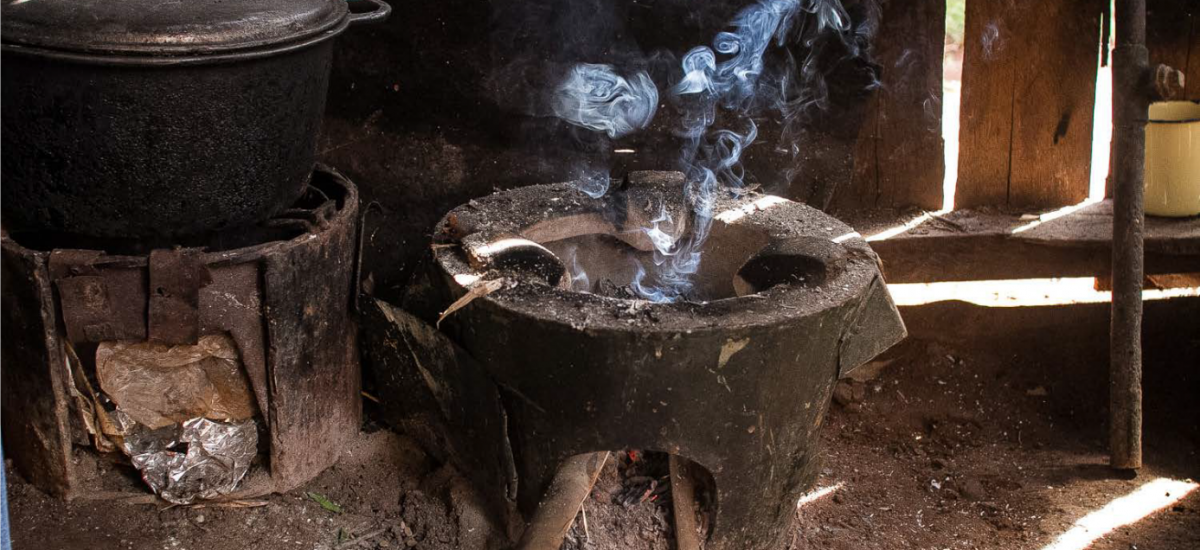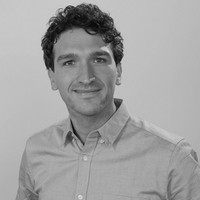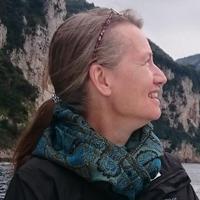
Embedding AI in an innovative geospatial tool to support policy for clean cooking adoption in low- and middle-income countries
Project period
January 2024 – December 2025
Objective
This project aims to support planning for universal access to clean cooking and contribute to Sustainable Development Goal 7 (SDG7) on Affordable and Clean Energy by radically integrating artificial intelligence (AI) methods into the open-source geospatial clean cooking model OnStove. To enhance OnStove, the project proposes implementing geospatial AI learning models to improve the spatial understanding of current technologies used for cooking and generate quasi-optimal transitions over an extended modelling period, considering as well behavioural issues. To achieve this, open-access geospatial information is combined with ground information gathered through available survey data. Finally, all comes together as a new open-source, user-friendly interface that will enable a broader audience to use the tool and ensure a long-term community of practice around clean cooking access modelling.
Background
Approximately 2.3 billion people still lack access to clean cooking worldwide, making them rely on traditional and polluting fuels. This practice poses challenges as households spend significant time collecting and cooking with traditional fuels, impacting women and children. Cooking with polluting fuels causes severe health consequences, estimated at around 3.2 million premature deaths annually from respiratory diseases. Moreover, traditional cooking exacerbates climate change and causes deforestation around the globe. On previous efforts, the first open-source geospatial tool for assessing and comparing the net benefits of various cooking solutions, OnStove, was developed. The tool was applied in the first study for sub-Saharan African countries, using Geospatial Information Systems (GIS) to evaluate cleaner cooking solutions in each square kilometre of the region. The tool considers benefits such as reduced morbidity, mortality, greenhouse gas (GHG) emissions, and time saved while factoring in investment costs, fuel purchase, and operation and maintenance.
By calculating the relative differences between current fuel stoves used and cleaner alternatives, OnStove determines a transition’s net benefit (benefits minus costs) and selects the options providing the highest net benefit in each square kilometre. Decision-makers can use the outputs to understand the impacts of achieving clean cooking access, including estimates on deaths avoided, time saved, GHG emissions avoided, health and GHG emissions costs avoided, total costs, and affordability constraints. OnStove facilitates decision-makers in identifying areas for action, guiding market strategies, and prioritizing investments to promote diverse clean-stove options in low- and middle-income countries. The tool has gained policy community interest, aiding energy access planning in Nepal and Kenya. It is also integrated into global initiatives like the World Resources Institute’s Energy Access Explorer and the International Energy Agency’s Clean Cooking Outlook Special Report.
Crossdisciplinary collaboration
Our project benefits from the expertise of a diverse team from the Department of Energy Technology and the Department of Sustainable Development, Environmental Science and Engineering at KTH Royal Institute of Technology. Furthermore, we collaborate closely with international organizations active in the clean cooking domain, such as the Clean Cooking Alliance (CCA), the World Resources Institute, The International Energy Agency, and Sustainable Energy for All. This expert group ensures that we have the technical and practical background to develop an innovative solution that addresses the project’s challenges and supports achieving SDG7’s clean cooking goals.
Contacts

Francesco Fuso-Nerini
Associate Professor at KTH ITM, Director of KTH Climate Action Centre, Working group Smart Society, PI: Embedding AI in an innovative geospatial tool to support policy for clean cooking adoption in low- and middle-income countries, Co-PI: An AI-based framework for harmonizing climate policies and projects with the SDGs, Former Co-PI: Towards a Smart Society – the role of Digital Futures, Digital Futures Faculty
ffn@kth.se
Ulla Mörtberg
Professor and Docent, Sustainable Development, Environmental Science and and Engineering at KTH, Co-PI: EO-AI4GlobalChange, Co-PI: Embedding AI in an innovative geospatial tool to support policy for clean cooking adoption in low- and middle-income countries, Digital Futures Faculty
+46 8 790 86 08mortberg@kth.se


